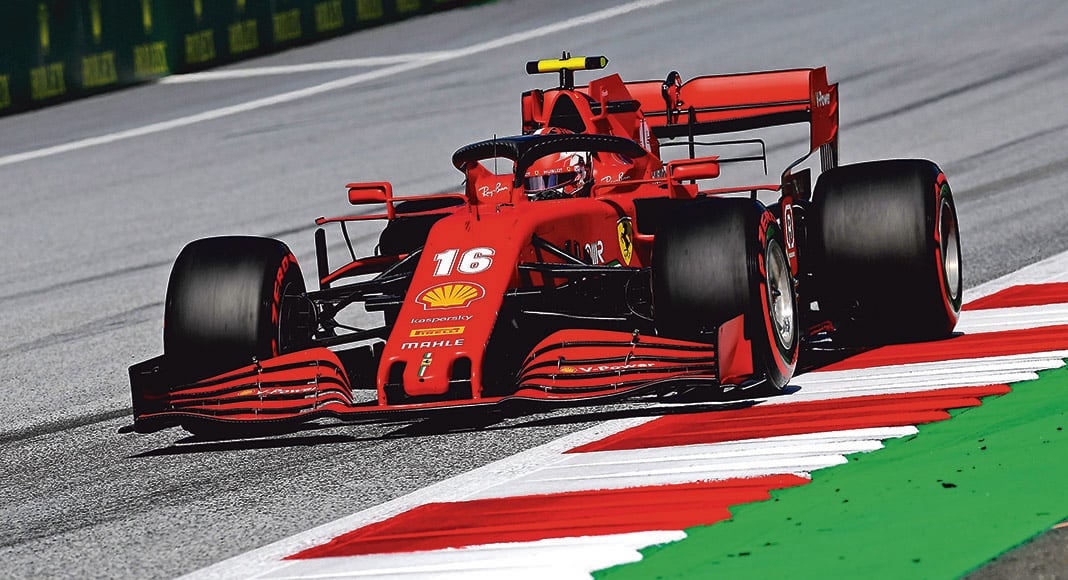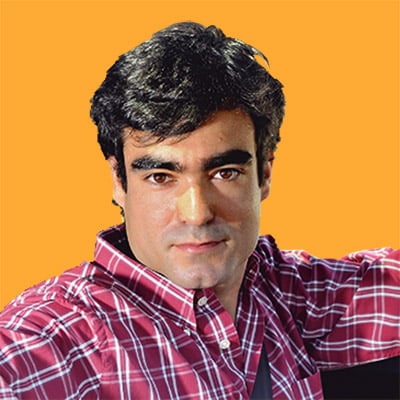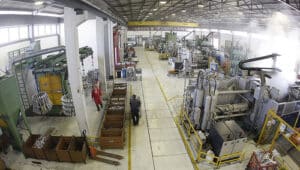Things have a strange way of turning out. From all that is bad about Covid-19, one piece of good news has emerged: Portugal is back on the Formula One calendar.
The world is so strange right now that weird things are bound to happen. I just didn’t think they would get as weird as this: Formula 1 will be back on Portuguese soil, 24 years after the last Grand Prix took place at Estoril.
Hosting a Formula 1 race has such high costs – and I am not even going to get into the whole politics of the thing – that no one had even considered Portugal to be back on the calendar. Not when F1’s owners, Liberty Media, are getting millions from such venues as Baku, Brunei or Sochi.
Anyway, because the F1 circus cannot travel far outside of Europe, management has had to find a way to put together a viable championship. Some circuits will hold two races in consecutive weekends – namely Spielberg in Austria (already ran) and Silverstone in England (next two Sundays) – but still there was a need to come up with creative solutions that would allow Liberty Media to keep F1 alive, even if that meant a year without enormous profits.
With races in the US, Mexico, China, Singapore, Baku, among others, cancelled, rumours started circulating that European tracks that had not seen a Grand Prix for years, or had never seen one period, would be hosting a race.
Three years ago, Portuguese economist and professor at Minho University, Paulo Reis Mourão, published a book called The Economics of Motorsport: The Case of Formula One. In it, Mourão explained the economics around the sport and how costs and revenues work to make it the greatest motorsport activity on the planet.
Talking about Portugal and Portimão, he declared the circuit and the Algarve a perfect place to host a race, but that would represent a direct investment of over €800 million, since Liberty Media wanted a 12-year commitment from circuits at that point. Eight-hundred million euros for 12 years boils down to more than €65.5 million per year, a number Portugal could never ever assume, not even between government, circuit owners and sponsors.
However, on a turn of events that no one could have predicted (besides Bill Gates that is), it eventually came to be. After the premiere of Mugello – which will feature on the F1 calendar for the first time ever on September 13 – and the return of such historic circuits as the Nürburgring and Imola, the news came last Friday afternoon: the Autódromo Internacional do Algarve in Portimão would be hosting its first ever F1 race on the weekend of October 23-25.
Paulo Pinheiro, CEO of the circuit, told reporters: “The Portuguese government will make a contribution of around €3 million to €3.5 million for a contract that is valid only for this one race” – that’s more than €60 million below estimate for a normal race in a normal calendar year. Also called good business. Those €3 million of public money will be put into a new asphalt and additional security measures the circuit needs.
Speaking to Jornal Económico, Mr Pinheiro revealed that an initial study, comprising only the F1 structure, i.e all the teams’ personnel and logistics, as well as F1’s own management, says the economic impact of the race to the local economy begins at €25 million to €30 million.
The Rally of Portugal, until last year the biggest sporting event on national ground, had an impact of €141.2 million on the economy in 2019. Now rallying is a big deal, but compared to F1, well, not so much. Although the grandstands will not be able to be fully occupied – Covid, remember? – and attendance will probably be limited to around half the capacity of the circuit, the first batch of tickets released for sale were sold out in a little over 24 hours. The public is clearly excited.
It is not hard to imagine a lot of Spanish fans coming to the Algarve to see the race, and Verstappen’s Dutch supporters will surely want to be present. If we can contain the pandemic and have the stands (half) full of passionate fans, this can become a very successful operation for Portugal.
With the world hopefully returning to its old self in 2021, it is highly unlikely Portimão will receive a second Grand Prix next year. Liberty Media will be more interested in getting back those millions from Baku and the lot than to have a calendar that favours history, quality of the circuits’ layout and traditional motorsport loving countries.
But for now, let’s rejoice in the idea of seeing the fastest racing cars ever built by men go head-to-head in a circuit so close to home. I have driven around the Portimão Circuit many times and I can only imagine how fascinating it will be to watch an F1 machine attack the ups and downs of the AIA at full speed.
I will see you there.
By Guilherme Marques
Formula One – Mercedes-AMG Petronas Motorsport, Hungarian GP 2020. Lewis Hamilton
credit: @Scuderia Ferrari Press Office


























